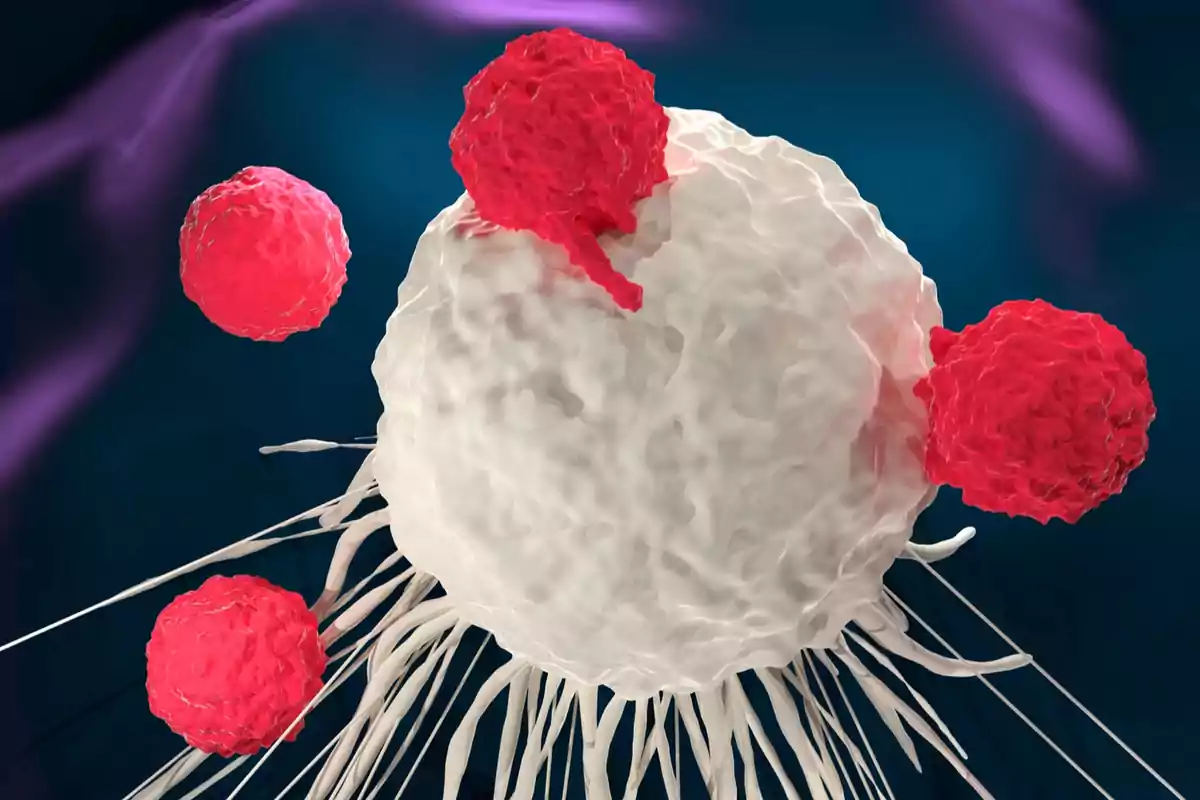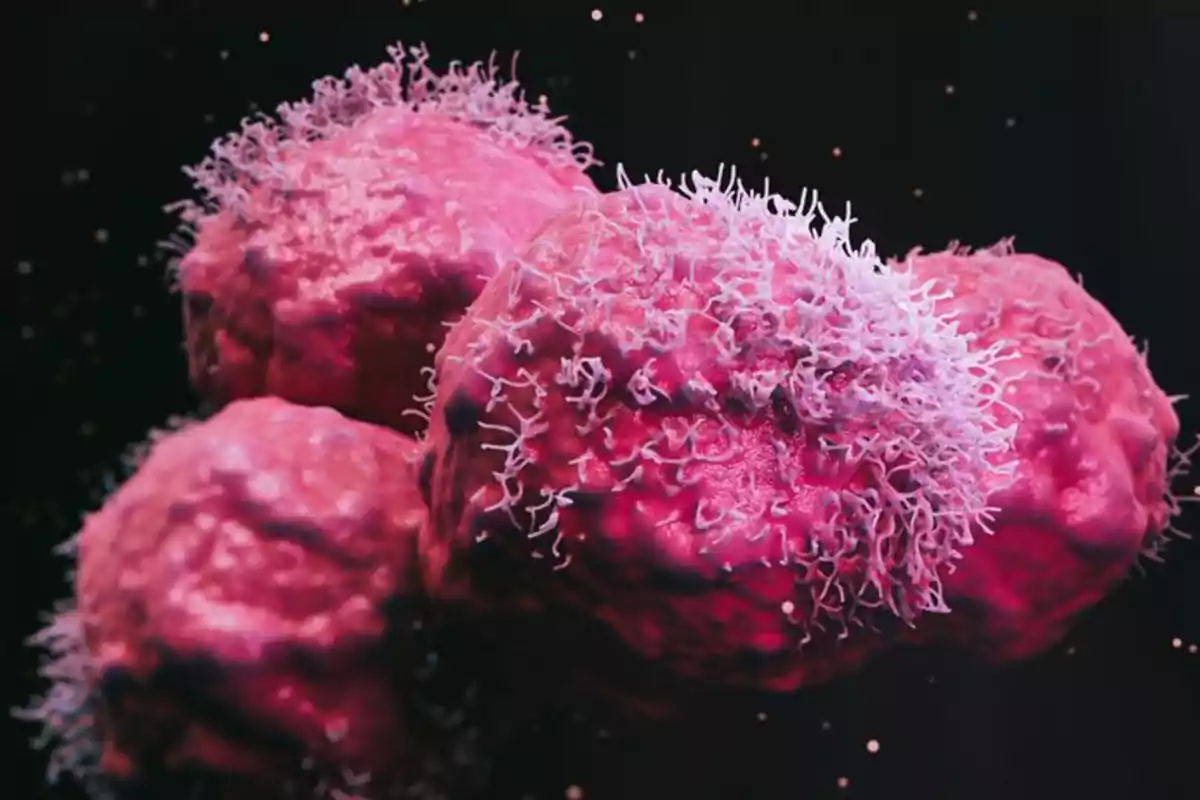
A new artificial intelligence improves immunotherapy against cancer
CellLENS, an AI created by MIT, analyzes cells and could transform cancer immunotherapy
A new system based on artificial intelligence promises to accelerate and improve the development of personalized therapies to treat cancer.
This is CellLENS, a technology that allows detailed analysis of cellular behavior and detection of hidden subtypes that previously went unnoticed.

What is CellLENS and how does this new AI work?
Developed by researchers at MIT, CellLENS uses convolutional and graph neural networks to create a complete digital profile of each cell. This enables precise detection of subpopulations of cells that could be key to treating different types of cancer.
Unlike traditional methods, this AI not only identifies cancerous cells but also analyzes their genetic and phenotypic characteristics simultaneously.
A tool that accelerates doctors' work
Currently, cellular study is a meticulous and lengthy process that requires observing protein by protein or molecule by molecule. CellLENS automates and streamlines this analysis, generating more comprehensive results in less time.

Thanks to this, researchers can create more specific therapies, tailored to the particularities of each patient and each cellular subtype.
Why it is important for the future of immunotherapy
According to the National Cancer Institute, immunotherapy seeks to strengthen the immune system so it can recognize and eliminate abnormal cells, such as cancerous ones.

Although this system is natural, it often fails to combat them effectively. This is where this technology can make a difference.
AI's contribution to personalized medicine
With a deeper analysis of diseased cells, CellLENS opens the door to treatments that adapt to the unique profile of each tumor. This could not only improve outcomes but also reduce side effects.
More posts: